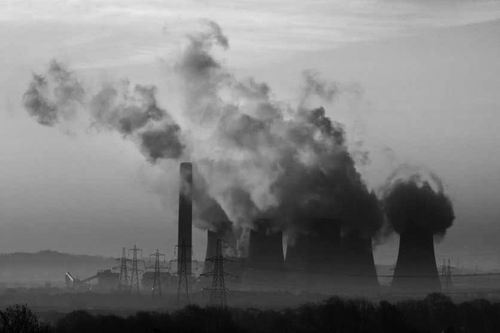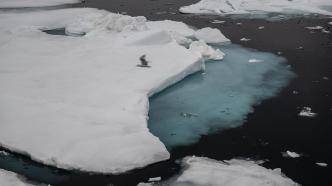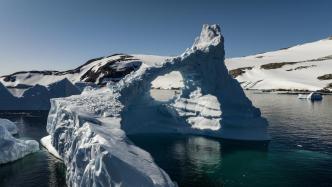
More than 3,500 animal species are threatened by climate change, according to a new study published in the journal BioScience on the 20th.
William Ripple, an ecology professor at Oregon State University who led the study, predicts that worsening climate change will become the third major factor threatening animals on Earth. The Earth's wildlife is facing an existential crisis, and humans are now in this crisis.

Derived AI for Everything
The researchers used publicly available biodiversity datasets to examine data on 70,814 species from 35 existing taxa. They classified the species according to taxa and climate change risk using the International Union for Conservation of Nature's assessment criteria.
The study found that at least a quarter of species in six different classes are threatened by climate change. These classes include arachnids and chelicerae (such as centipedes), as well as anthozoa and hydrozoa (marine invertebrates related to jellyfish and corals). Smaller proportions of species in other classes are also directly at risk from climate change. The researchers are particularly concerned about invertebrates in the ocean because they have limited ability to migrate quickly to avoid adverse conditions.
Sudden impacts on animal communities can manifest as mass die-offs from extreme events such as heat waves, wildfires, droughts and floods.
Ripple said the ripple effects of increasing numbers of mass mortality events are likely to affect carbon cycle feedbacks and nutrient cycling, and may also have impacts on species interactions (such as predation, competition, pollination and parasitism) that are critical to the functioning of ecosystems.
A 90% decline in molluscs along Israel’s coastline due to rising water temperatures shows how vulnerable invertebrates are. Other examples include the deaths of billions of intertidal invertebrates during the 2021 Pacific Northwest heat dome event, and the catastrophic die-off of 29% of corals on the Great Barrier Reef in 2016 during a severe marine heatwave.
Ripple noted that mass mortality events are not limited to invertebrates. In 2015 and 2016, extreme marine heat waves altered the food web, killing an estimated 4 million common guillemots off the west coast of North America. The same heat waves also caused a 71% decline in the number of Pacific cod due to increased metabolic demands and reduced prey. In addition, the deaths of a large number of humpback whales in the North Pacific are likely related to marine heat waves.
(Original title: "More than 3,500 animal species are threatened by climate change")


